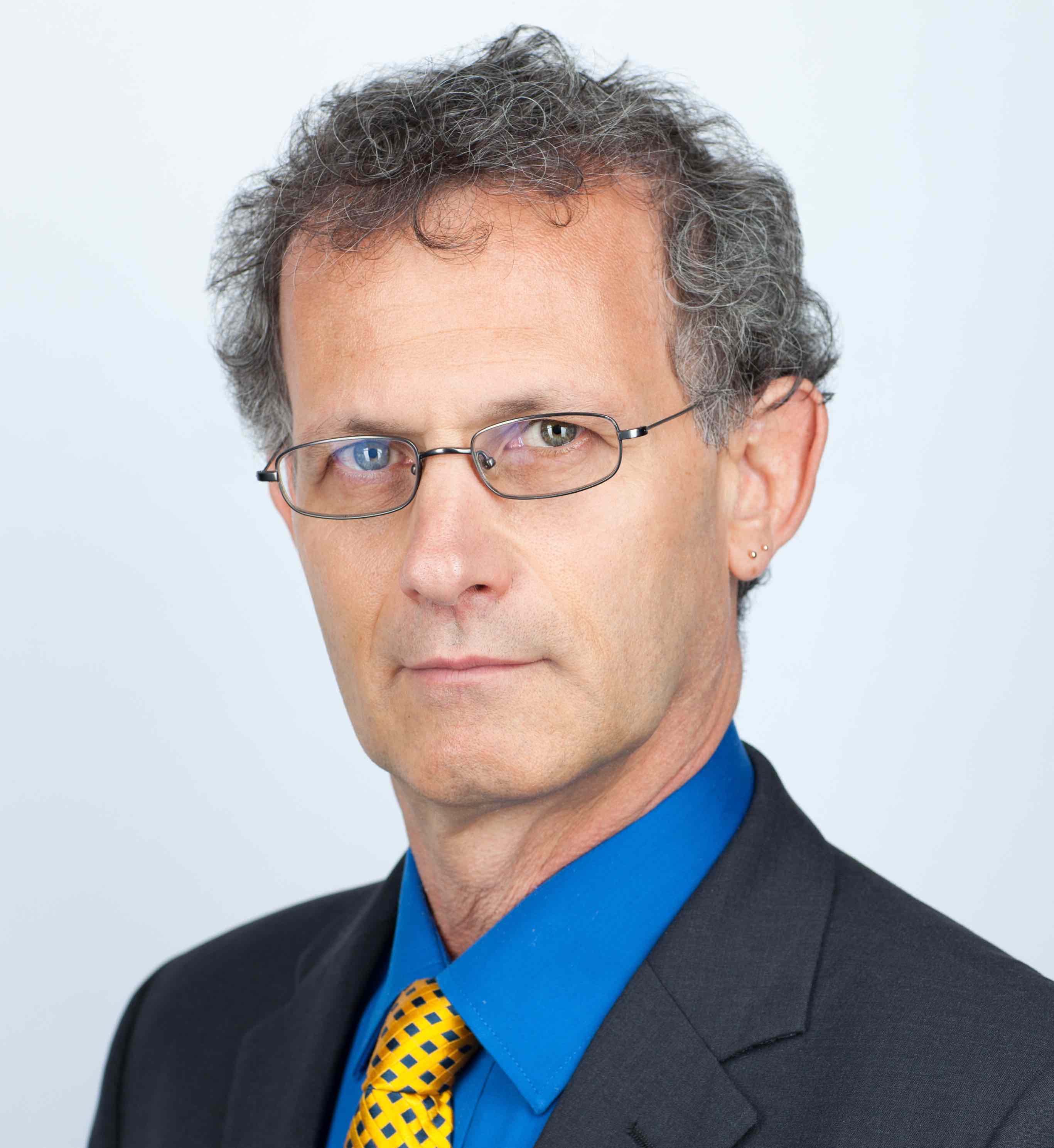Keynotes
Dr. Itiel Dror (London)
Why Experts Make Mistakes and How to Minimize These Errors
|
|
Experts are heavily relied upon as their judgment and decision making is regarded as objective and impartial. In this talk I will present research and evidence from real casework that many different types of biases affect experts, even in 'scientifically objective' domains. For example, forensic evaluations can be highly impacted and distorted by irrelevant contextual information or even by the context in which information is presented or obtained. Confirmation bias and other cognitive biases that I will discuss are implicit and impact hard working, dedicated and competent experts, and thus are widespread but hard to detect. I will articulate the psychological mechanisms by which experts can make biased and erroneous decisions. Then I will show how this research can assist in identifying such weaknesses and in providing practical ways to mitigate them, see: https://pubs.acs.org/doi/10.1021/acs.analchem.0c00704.
|
Prof. Dr. Henry Otgaar (Maastricht)
Memory Wars 2.0: The Science Behind the Forgetting and Remembering of Trauma
|
Can psychological trauma lead to a complete repression of autobiographical memories? This longstanding question about the existence of repressed memories has been at the heart of one of the most heated debates in modern psychology. These memory wars originated in the 1990s, and many scholars have assumed that they are over. |
 |
Prof. Dr. Ethel Quayle (Edinburgh)
Technology-facilitated Sexual Crimes Against Children: Offenders, Victims, and Environment
|
While there is no evidence that online abuse and exploitation are more serious or pervasive offences than crimes occurring offline, recent research has suggested that a considerable proportion of children and young people have experienced online sexual abuse. It is the case that the affordances offered by online social media may present a significant risk factor for some children to experience harm from adults and peers motivated by a sexual interest in children. Three factors play an important role in this complex and dynamic scenario: potential perpetrators and victims, the social context in which criminal activities take place and the rapidly changing medium. Online sexual crimes against children are committed by people who are motivated to sexually offend, and their online activities are purposive and goal directed. However, even if motivation and facilitation factors are present, sexual offences cannot take place without opportunities to act. There is a person–environment interaction, in that individuals who are strongly motivated to commit sexual offences are more likely to seek out or create opportunities to offend. This presentation examines the interaction between offender motivation, victim vulnerabilities and the affordances offered by technology. |

